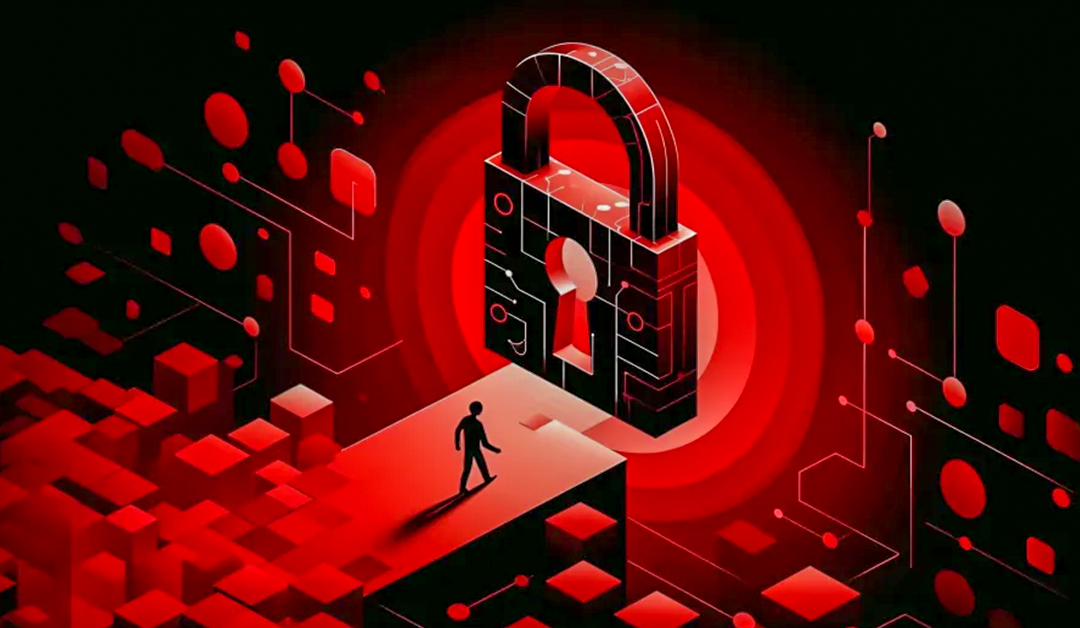In the realm of blockchain and cryptocurrencies, wallet signatures hold immense power, acting as the guardians of your virtual assets and the guarantors of your identity.
Among the many types of digital signatures, wallet signatures stand out as the bedrock of security in peer-to-peer (P2P) platforms. This article delves into the essence of wallet signatures and their pivotal role in ensuring safety in P2P environments.
The Foundation of Security: Wallet Signatures
At the heart of every digital wallet lies a pair of keys: the public key and the private key. The public key serves as the wallet’s address, visible to all. While the private key remains a closely guarded secret known only to the wallet owner.
When a message is signed with the private key, a unique wallet signature is generated, serving as irrefutable proof of ownership or authorization.
This signature, tethered to both the message and the private key, enables others to verify its authenticity using the corresponding public key, without compromising the security of the private key.
Empowering Gasless Transactions with Signatures
In the dynamic landscape of blockchain networks, signatures play a pivotal role in facilitating gasless transactions through meta transactions.
Users can sign messages off-chain, expressing their intent to execute specific actions, such as token transfers. These signed messages are then relayed by third-party services, known as relayers, who execute the transactions on behalf of users while covering associated gas fees.
The incorporation of meta-transaction standards, such as the EIP-712 standard, ensures secure and seamless off-chain signing, paving the way for hassle-free interactions with blockchain P2P applications.
Wallet signatures stand as the vanguard of security in P2P platforms, fortifying transactions with layers of authentication and trust.
Safeguarding their assets from potential threats and ensuring the integrity of P2P interactions. In an ever-evolving ecosystem, the power of wallet signatures remains indispensable, forging the path towards a safer and more resilient blockchain landscape.
Secure your transactions with Noones
being the pinnacle of safety in peer-to-peer (P2P) transactions. Harnessing the power of wallet signatures.
Noones guarantees secure and authentic interactions on its platform. With robust encryption and verification mechanisms, users can trust that their digital assets are safeguarded at every step.
Gasless transactions are seamlessly facilitated through meta transactions, eliminating concerns about gas fees and enhancing user convenience. Noones empowers users to transact with confidence, ensuring a safe and reliable P2P experience unlike any other.
Best practices for wallet security
in this section, we will look at the activities to safeguard your transactions, while ensuring the safety of your funds.
Choose Reputable Platforms
The first step in ensuring safe P2P transactions is selecting a reputable platform with robust security measures in place. Look for platforms with a proven track record, and transparent security policies.
Established platforms often employ encryption protocols, multifactor authentication, and regular security audits to safeguard user data and transactions.
Verify Counterparties
Before initiating any transaction, take the time to verify the identity and reputation of your counterparties. Review their profiles, transaction history, and user ratings on the platform.
Communicate directly with the counterparty to clarify any details and establish trust. Avoid transactions with users who refuse to provide adequate verification or exhibit suspicious behaviour.
Conduct Due Diligence
Perform thorough due diligence before engaging in high-value or sensitive transactions. Research the market value of the assets involved, verify the authenticity of digital assets or cryptocurrencies.
Familiarize yourself with relevant regulations and legal requirements. Take proactive steps to protect your interests and minimize potential risks.
Secure Your Digital Wallet
ensure that your digital wallet is secure and protected against unauthorized access. Implement strong passwords, enable two-factor authentication, and consider using hardware wallets for added security. Regularly update your wallet software and keep your private keys confidential to prevent unauthorized transactions.
Practice Caution with Personal Information
Exercise caution when sharing personal information or financial details in P2P transactions. Avoid disclosing sensitive information such as your social security number, bank account details, or passwords.
Be wary of phishing attempts, fraudulent emails, or unsolicited requests for personal information. When in doubt, err on the side of caution and prioritize privacy and security.
Use Secure Communication Channels
Communicate securely with your counterparties using encrypted messaging platforms or secure communication channels provided by the P2P platform.
Avoid sharing sensitive information over unsecured networks or social media platforms. Encrypt sensitive messages and transactions to protect them from unauthorized access or interception.
Stay Informed and Vigilant
Stay informed about emerging threats, scams, and best practices for safe P2P transactions. Educate yourself using credible platforms about common fraud schemes, phishing techniques, and red flags to watch out for.
Crypto University keeps its users up-to-date with timely crypto information. Remain vigilant and trust your instincts—if something seems too good to be true, it probably is.
Conclusion.
We have covered an in-depth look at wallet security through wallet signatures, and how they are used to ensuring safe and trustworthy P2P transactions. Noones is the platform of recommendation for all your P2P needs.
Join us at Crypto University, where we cover all the latest and relevant topics in crypto to help you stay ahead of the curve.
